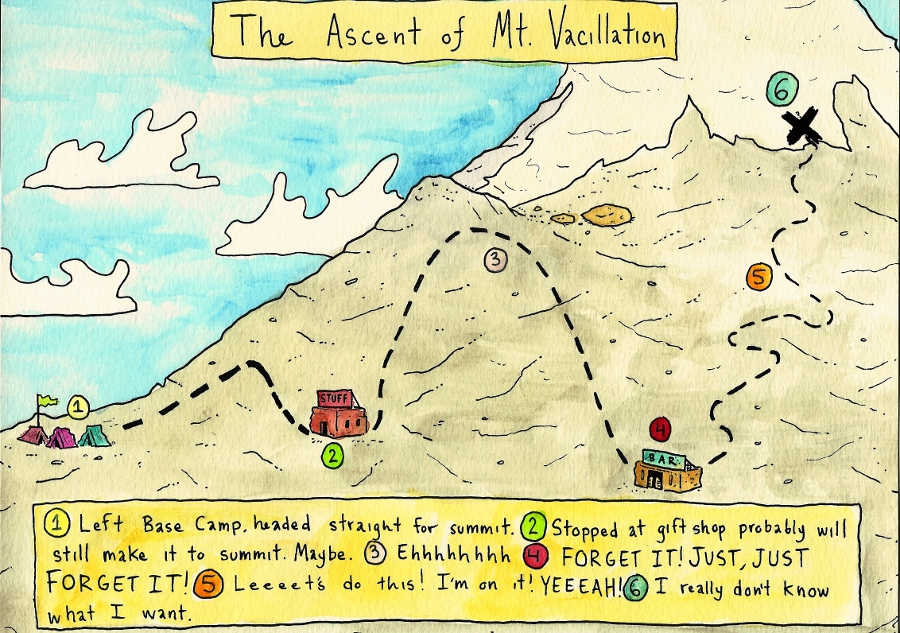by Kathy Cannon Wiechman
I recently finished “final” revisions of my MG historical fiction novel LIKE A RIVER, and am working on a new novel. Revisions are my favorite part of the process.
Beginning a new novel is tougher. Developing characters, plotting out a storyline, researching real settings and creating fictional ones, and writing scenes are like building a house from scratch.
 |
| Civil war soldiers crossing the Ohio River from Cincinnati, Ohio to Covington, Kentucky. wwwcivilwarobsession.com |
Revising is like
turning that house into a home. The characters need to be fleshed out more, and their motives clearly portrayed. Sometimes a character needs to be eliminated, which can cause other parts of the plot to unravel. The plot’s holes need to be patched, and the settings’ details need to be refined. New scenes need to be added, others deleted. It’s work, but it’s work done on an existing structure.
Before I sent LIKE A RIVER to my editor, I revised it several times—thoroughly. It was finally to a point where I was happy with it. Or so I thought.
The editor took it to the editorial committee and they “loved it.” I was sent a list of revisions to make. That list made me see my story through a new set of eyes. And, as I revised, I saw the novel getting better.
When I was about halfway through those revisions, my editor sent a few suggestions from another member of the editorial committee, so I went back to the beginning and revised some more. I didn’t mind, because people were excited about my story and I could see it improving.
 |
| Post-Civil War sinking of the S.S. Sultana. America's Titanic? www.strangehistory.org |
Those revisions were sent off, and I was offered a contract. Yay!!! (Much happy dancing and celebrating done.) After I signed the contract, I was sent a list of suggestions for final revisions. If you haven’t been through this process, it’s extremely helpful. I get so close to my work that I don’t always see weaknesses that others can. Parts of the novel were “too quiet.” I needed to ramp up the tension.
I toiled and tinkered and finished those revisions and made a few other alterations. I made the “last” change on a Friday morning. I emailed my editor to tell her I would proofread it over the weekend and send it the following week. It was still two weeks before the deadline in my contract.
But the proofreading didn’t go as planned.
I found words and sentences and paragraphs that I knew could be better. I spotted places that I was no longer completely happy with. This book is going to be published, and the form it takes will depend on what changes I chose to make. It took me a full week to get it to a point I was happy with. I sent it off eight days before my deadline.
 |
| Child soldier in the Civil War. the.civilwarparlor.tumblr.com |
The final work received a “good job” from my editor, who is sending it to copy editing. I am sure I will hear from the copy editor somewhere down the road about some final tweaks.
But now I work on this new novel. I am back to that stage of building a house from scratch. I’m glad to have that difficult new work to focus on. If I didn’t, I’d think about LIKE A RIVER, and I am certain I would think of more changes I could make. As human beings, we can never achieve perfection. We try to get as close as we can, but we have to reach a point of letting go.
I remind myself that three sets of revisions ago, an editorial committee loved it.
I know I could tinker with it forever, but it’s time to set it out into the world for readers to make up their own minds. Hopefully, they will find it a smooth read that doesn’t show all the work that went into it.
Jane Yolen once told me that when each of her books is published, she holds the book, maybe even smells it, but she never, ever reads it. If she did, she would likely want to revise it some more.
It’s time to let LIKE A RIVER flow.







